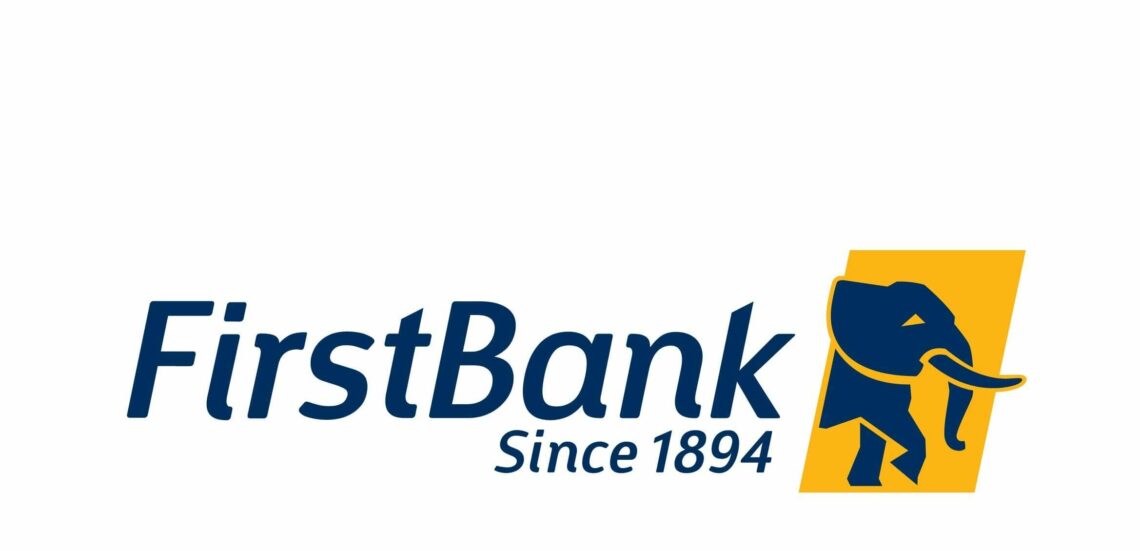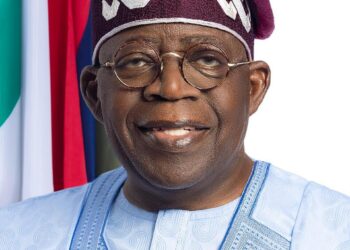First Bank group executive of technology, digital innovation & services, Callistus Obeta, has stated that the future of banking built on AI, security, and customer trust.
He said in today’s world of digital finance, trust is the currency that underpins everything else.
Speaking at the Nigeria Fintech Week 25 in Lagos, Obeta highlighted how First Bank’s 131-year legacy is not merely its longevity, but the trust it continues to earn through consistent innovation. He stressed that the biggest tools to build that trust entails AI, security, and customer-first digital infrastructure which are at the heart of financial institution strategy.
He said AI is no longer just a strategic concept but the engine powering today’s digital banking revolution from fraud detection to customer engagement. Through platforms like FirstMobile, Meetup, and FirstDirect, the bank leverages real-time analytics to personalise service and detect threats before they reach customers.
However, Obeta warned that technology alone cannot replace human connection. “AI should not replace relationships, it should strengthen them as the ethical application of AI, transparency in data use, and a deep commitment to empathy and service are what sustain trust in the digital era.”
On the issue of security, Obeta emphasised a layered approach, noting that “security is not just about firewalls and encryption, it’s about embedding a culture of digital responsibility across every layer of our institutions.”
He added that, “FirstBank’s platforms now incorporate advanced threat detection features and robust authentication protocols even in USSD transactions used widely in rural areas.” He also announced a milestone of N1 trillion in digitally-disbursed loans powered by platforms like FirstAdvance, FirstGem and FirstMoney Wallet. These products, he said, reflect FirstBank’s commitment to inclusion while ensuring that even underserved Nigerians experience the benefits of financial technology built around their needs.
Speaking at the event, CBN governor, Yemi Cardoso represented by the Director, Payments System Supervision Department, Rakiya Yusuf affirmed that Nigeria’s payment ecosystem is seeing massive transformation. “By July 2025, electronic transactions had reached over N384 trillion across N4.12 billion digital payments.”
He, however, linked this growth to rising public trust and the expansion of open banking, which he said would enable banks and fintechs to deliver more tailored and competitive services. “Nigeria is one of the first African countries to implement open banking, but we’ve taken a measured approach, balancing innovation with strong safeguards around fraud and data security,” Cardoso said.
He described the CBN’s role as a conductor, guiding the fintech ecosystem through policies shaped by collaboration with the industry. “If we play in unity, we will create a composition that secures trust, drives inclusion, and strengthens innovation,” he added.
Convener/President of the Fintech Association of Nigeria, Stanley Jacob affirmed that, the year’s theme, ‘The Fintech Ecosystem Symphony: Orchestrating Nigeria’s Digital Future,’ is a statement of intent.
According to Jacob, the association has expanded its membership to over 600 institutions and built a volunteer-powered movement now hosting the FinTech Week simultaneously across Lagos, Abuja, and Port Harcourt.
“Our mission was never to simply observe the ecosystem we set out to lead it, as the association’s PAI agenda—Participation, Innovation, and Expansion now drives regional collaboration across cybersecurity, policy, economic innovation, and industry advocacy,” he said.
Jacob emphasised that, the event is more than a professional dialogue. It blends innovation showcases, faith tech, and even relationship-focused apps to reflect the human element of fintech’s future. “Everyone of us holds an instrument in this symphony, Let’s not just adapt to change, let’s be the ones driving it.”





